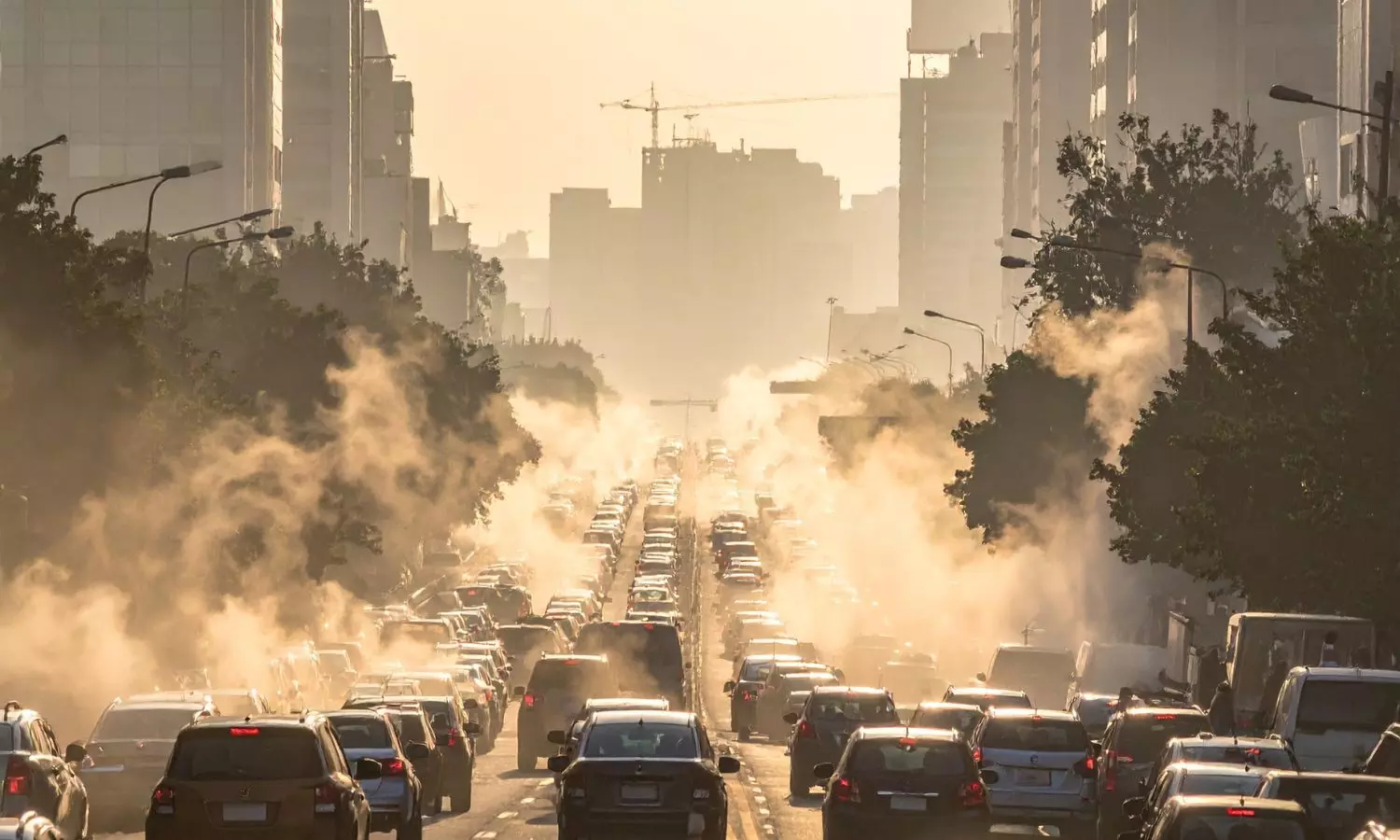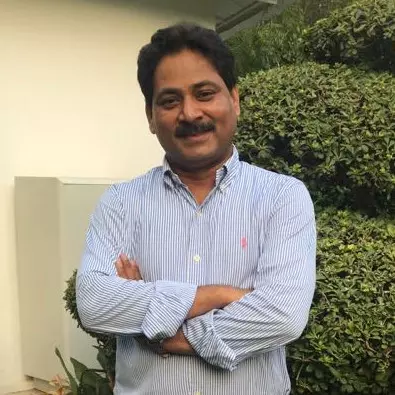AIIMS Issues Stark Warning: Delhi’s Air Pollution Now a Life-Threatening Public Health Emergency

New Delhi: Delhi’s worsening air quality has pushed the city into a state of “public health emergency”, warned senior doctors of AIIMS Delhi during a press briefing on Tuesday. Dr. Anant Mohan, Professor and Head of the Department of Pulmonary, Critical Care and Sleep Medicine, and Dr. Saurabh Mittal, Assistant Professor in the same department, expressed deep concern over the fast-rising health impact of toxic air.
Cases Have Increased by 30–35%
Dr. Anant Mohan revealed that the hospital has seen an alarming spike in patients over the past two to three weeks. According to him, both OPDs and emergency rooms are witnessing far more cases than usual. He noted, “Those who already have asthma, COPD or other chronic diseases are deteriorating very quickly. Many are needing hospital admission, and in several cases we have had to shift patients to ventilators.” He added that even individuals who were otherwise healthy are now reporting breathlessness, persistent cough and wheezing.
Common Viral Illnesses Now Taking Weeks to Recover
Pollution has altered the recovery pattern of routine infections. Dr. Mohan explained that earlier, cold, cough and fever were resolving within two to three days. Now, people are taking over a week, and in many cases three to four weeks, to recover.
He said, “Pollution is extending recovery time. Even simple viral infections are lingering much longer. The body is not healing at its normal pace.”
Ten Years, Same Situation — We Need Long-Term Solutions
Expressing frustration at the repetitive yearly cycle, Dr. Mohan said Delhi’s pollution crisis has remained unchanged for a decade.
He stated, “For ten years, we talk about pollution every winter and then forget it for the next nine months. Delhi needs strict, long-term, structural solutions. Seasonal discussions won’t help.” He added that shrinking open spaces and stagnant winter air have made the city more vulnerable to smog.
Pollution Affecting the Entire Body, Not Just Lungs
While respiratory issues are the most visible, the impact of pollution extends far beyond breathing problems. Dr. Mohan warned that pollutants entering the bloodstream are causing widespread harm, including increased risk of heart attacks, high blood pressure, strokes, memory decline, mental health issues, and pregnancy-related complications.
He stressed, “The effects are not always immediate. The real damage often appears five to ten years later.” Health risks include:
- Heart attacks
- High blood pressure
- Stroke
- Memory decline
- Mental health issues
- Eye irritation
- Skin allergies
- Low birth weight and preterm birth in pregnant women
“The pollutants enter the bloodstream and affect the whole body. The long-term effects may appear five to ten years later,” he warned.
Sleep Apnea, Children’s Health Also Getting Worse
Adding to the concerns, Dr. Saurabh Mittal highlighted that pollution is significantly worsening sleep apnea. Nasal blockage, airway irritation and inflammation are interfering with normal sleep, leading to snoring, fatigue and frequent pauses in breathing.
He also mentioned ongoing AIIMS research evaluating the long-term impact of polluted environments on children. According to him, “Early signs show that polluted air can affect development and may increase sleep-related breathing problems in both children and adults.”
Measures : N95 Masks, Staying Indoors and Cleaner Indoor Air
Dr. Mittal advised people to avoid unnecessary outdoor exposure and wear N95 masks whenever they step out. He said, “There is no need to panic, but everyone must take precautions. Use a good-quality air purifier at home, and keep doors and windows closed when it is running.”
- Avoid unnecessary outdoor exposure
- Wear N95 masks
- Use good-quality air purifiers at home
- Keep windows/doors closed when purifier is running
A Clear Warning from AIIMS
Both experts agreed that Delhi’s toxic air is now a direct threat to public health. They urged for immediate and permanent solutions, strong policy enforcement and year-round monitoring. “This is not just an environmental issue anymore. It is a health emergency,” Dr. Mohan emphasised.


